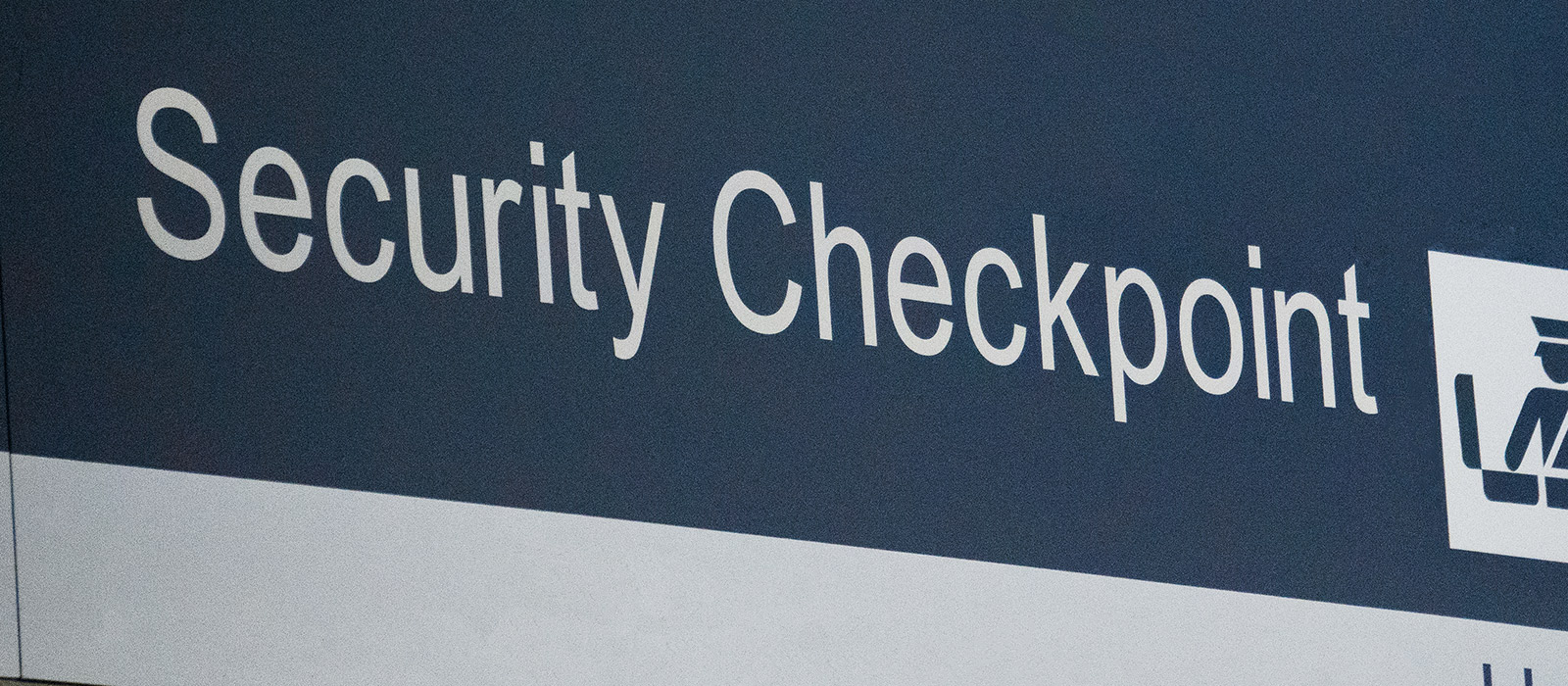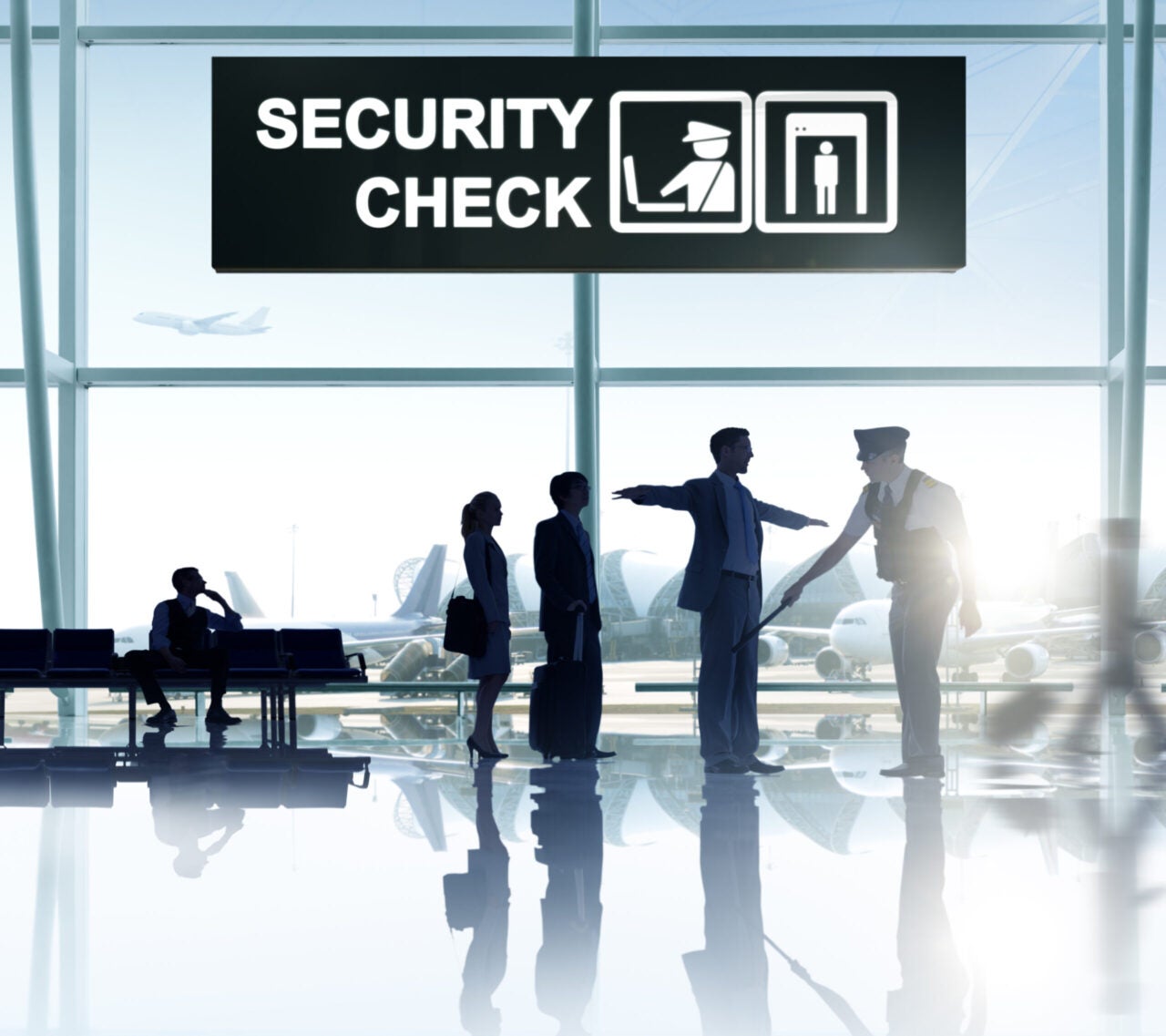ARTICLES
- HOME
- -
- ARTICLES
Security Officer Bag Check in Public Places: Balancing Safety and Privacy
.png)
In an age where safety concerns are at the forefront of public consciousness, the practice of security officers performing bag checks in public places has become increasingly common. Whether it's a concert, stadium, shopping mall, or public transit station, bag checks are often seen as an essential measure to prevent dangerous items from entering crowded spaces. However, the implementation of these checks raises important questions about privacy, effectiveness, and the balance between individual freedoms and collective security.
The Rationale Behind Bag Checks:
Security officers conduct bag checks in public spaces as a preventative measure against a variety of threats, ranging from terrorist attacks to petty theft. Common reasons for bag checks include:
-
Preventing Weapons and Hazardous Materials: One of the primary goals is to keep weapons, explosives, or other dangerous objects out of public areas, ensuring the safety of attendees or visitors.
-
Preventing Theft and Smuggling: Bag checks can deter theft and the smuggling of contraband, such as drugs, alcohol, or prohibited items (e.g., outside food in concert venues, or illegal substances in airports).
-
Counteracting Terrorism: After high-profile attacks in public spaces around the world, enhanced security measures like bag checks are seen as a necessary step in detecting and preventing acts of terrorism.
-
Ensuring Crowd Control and Order: Bag checks can also be a way to enforce rules of conduct in places like stadiums, events, and theme parks, by ensuring guests comply with regulations on what they can bring inside.
Privacy Concerns and Public Perception:
While the security benefits of bag checks are clear, they often raise concerns about personal privacy. The act of having a security officer inspect one's belongings can feel intrusive, especially in spaces where there is an expectation of personal freedom.
1. Privacy Infringement: Individuals may feel uncomfortable with the idea of someone rummaging through their personal items. This feeling can be exacerbated in situations where the bag check is not thorough but still invasive enough to make people feel their privacy is being compromised.
2. Racial Profiling and Discrimination: A significant concern raised with bag checks is the potential for racial profiling. Certain groups—especially young people or people of color—may feel disproportionately targeted or scrutinized. This can create tension between the public and security personnel, especially in areas where bag checks are carried out haphazardly or with insufficient training.
3. Data Security: In some cases, bags may contain personal information, such as smartphones, credit cards, or electronic devices. In an increasingly connected world, people may worry about their data being exposed during a bag check or the risk of data breaches.
Balancing Security with Respect for Privacy:
The key challenge of bag checks in public spaces is striking a balance between maintaining security and respecting personal freedoms. To achieve this balance, public and private organizations must establish clear guidelines and practices that both ensure safety and minimize intrusion.
1. Clear Communication of Policies: One of the simplest ways to respect privacy while performing bag checks is to clearly communicate the policies in place. Signs, announcements, or even tickets should inform attendees that bag checks are required, what items are prohibited, and what the process will entail. When individuals are prepared for the check, they may feel less invaded by the process.
2. Consistent and Non-Discriminatory Procedures: Security officers should be trained to conduct bag checks in a uniform and respectful manner, ensuring that the process is as discreet and non-invasive as possible. This includes ensuring that all individuals are subject to the same level of scrutiny, regardless of their appearance, age, or background, to prevent profiling.
3. Use of Technology: Some public spaces have implemented technology like x-ray machines or walk-through metal detectors, which can reduce the need for hands-on inspections. While these technologies do not eliminate privacy concerns entirely, they can speed up the process and make it less invasive, especially in high-traffic areas.
4. Personal Responsibility and Consent: People visiting public spaces should also take responsibility for their own privacy. For example, leaving sensitive personal data in a locked bag or using encryption tools on mobile devices may help alleviate some of the concerns about data exposure. In some cases, people may also choose to avoid certain spaces where bag checks are mandatory if they are particularly sensitive about their privacy.
5. Limiting Scope and Duration of Checks: Bag checks should be swift, targeted, and limited to what is necessary for the safety of the public. Security personnel should be trained to handle bags efficiently and avoid unnecessarily prolonged inspections or rummaging through personal items without cause.
The Legal and Ethical Considerations:
In many countries, bag checks are permitted under the principle of public safety, but they must be conducted within the boundaries of the law. Different jurisdictions have varying laws regarding searches, especially in privately owned spaces that are open to the public.
For example, in the United States, a bag search conducted by a private business such as a retail store or entertainment venue is generally allowed as long as the individual is informed beforehand and it is not done in a discriminatory or overly intrusive manner. However, police officers conducting bag searches in public spaces must adhere to more stringent guidelines regarding probable cause and reasonable suspicion to avoid infringing on constitutional rights.
Ethically, security officers must navigate the fine line between upholding safety standards and respecting the rights of individuals. When done correctly, bag checks can be seen as a necessary and legitimate part of protecting public spaces. However, when done poorly or with excessive force, they can undermine trust in the institutions responsible for security.
Conclusion: Striving for a Safe and Respectful Public Space
The practice of security officers conducting bag checks in public places is unlikely to disappear anytime soon, given the increasing concerns around safety and security. However, public organizations and businesses must ensure that such practices are implemented with respect for personal privacy, transparency, and fairness. Ultimately, a well-executed bag check can help create a safer environment for everyone, without sacrificing the freedoms and rights of individuals. By balancing security with sensitivity, we can create public spaces that are both safe and respectful, fostering a sense of trust between the public and those tasked with keeping us secure.



